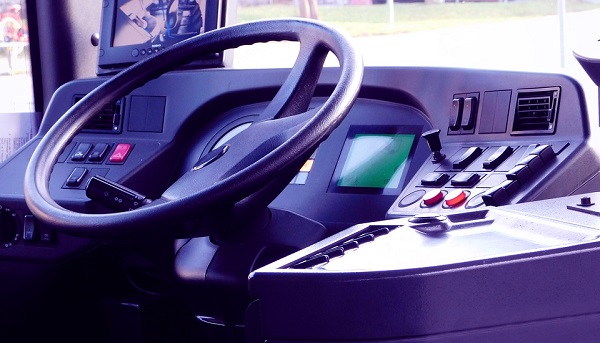
Working within the transport sector can be a challenging business, particularly if you have a customer-facing role where you’re dealing with members of the public every day.
It can take the smallest of things for customers to suddenly become agitated and potentially angry – not enough train carriages, a late bus, long check-in queues, the list of potential ‘triggers’ is endless.
And that’s where being prepared for these occasions really does pay off in helping contain situations and diffusing them, where possible. Ultimately, one of your main priorities will be to minimise the risk of you, your colleagues and other customers from coming to any harm. And the sooner you’re able to do this, the better for everybody involved.
So, how do you go about achieving this? By being what we mentioned in the last paragraph – prepared. Prepared to nip the disruptive behaviour in the bud, as well as prepared to put yourself forward and deal with situations, no matter how small or large they might be.
One of the most effective and proven ways of dealing with disruptive behaviour within the transport sector is conflict management and physical intervention training. Hopefully, you may never need to use it however, just learning about the key principles can provide you with the confidence to know that you could deal with a conflict situation if one ever did crop up.
There are lots of different training courses out there, however, to ensure you get the best results, it’s best that you sign up for a course that’s:
- Tailored to the area in which you work – that way, your training can be adapted to your specific working environment
- Is delivered by experienced conflict management and physical intervention trainers – who are familiar with working with transport sector staff, just like you
- Based on your specific training needs – for instance, you may specifically want to learn about how to effectively manage conflict on reception or how to deal with people who are a certain age
Ideally, you should come away from your training course knowing how to:
- Manage challenging behaviour from people of all ages, including children.
- Defuse aggressive, violent and disruptive behaviour from passengers.
- Communicate with members of the public with mental health issues or learning disabilities.
- Apply physical intervention and restraining passengers as a last resort.
Note the ‘last resort’ in the last point as, in an ideal world, you should never have to put what you’ve learnt into practice, however, it’s fundamental to know that you and your colleagues are prepared should anything ever develop in your workplace.
Got any questions or want to find out more? Or perhaps you’d like some help with sourcing a training course that’s right for you? Get in touch with us today on info@good-sense.co.uk or 0845 576 0035.
Recent Comments